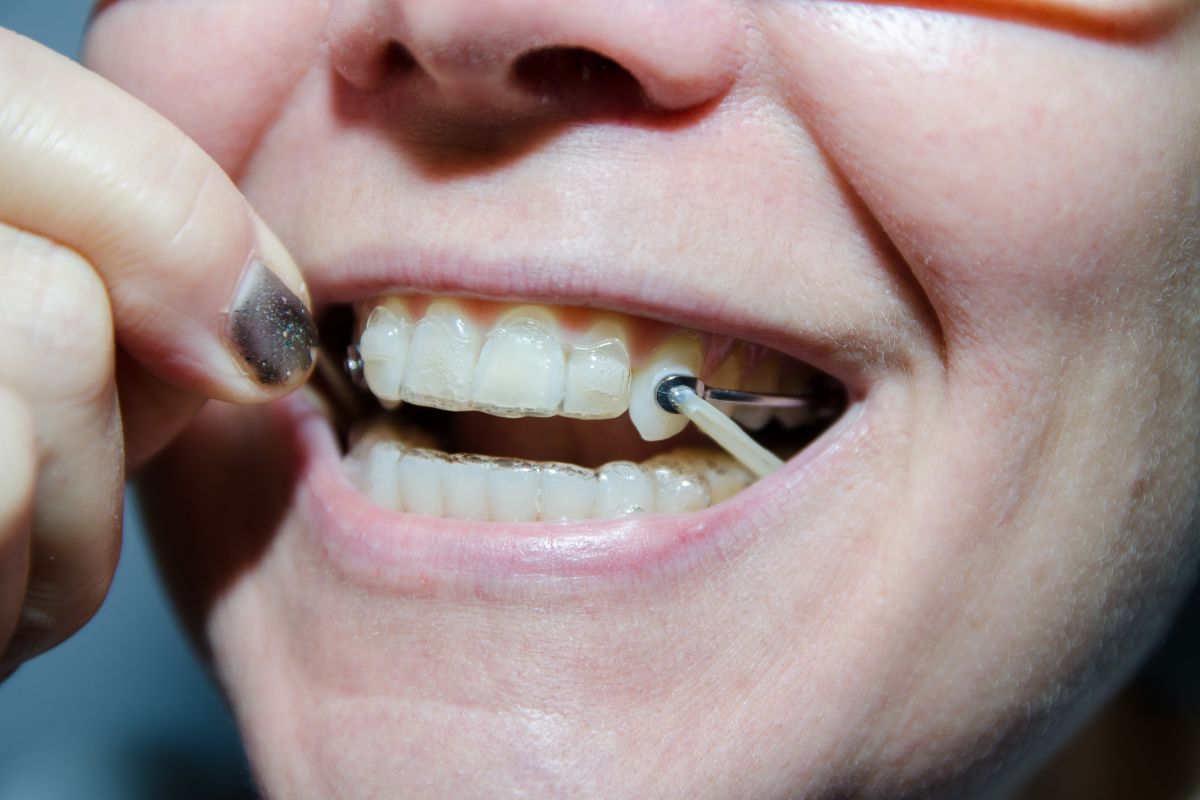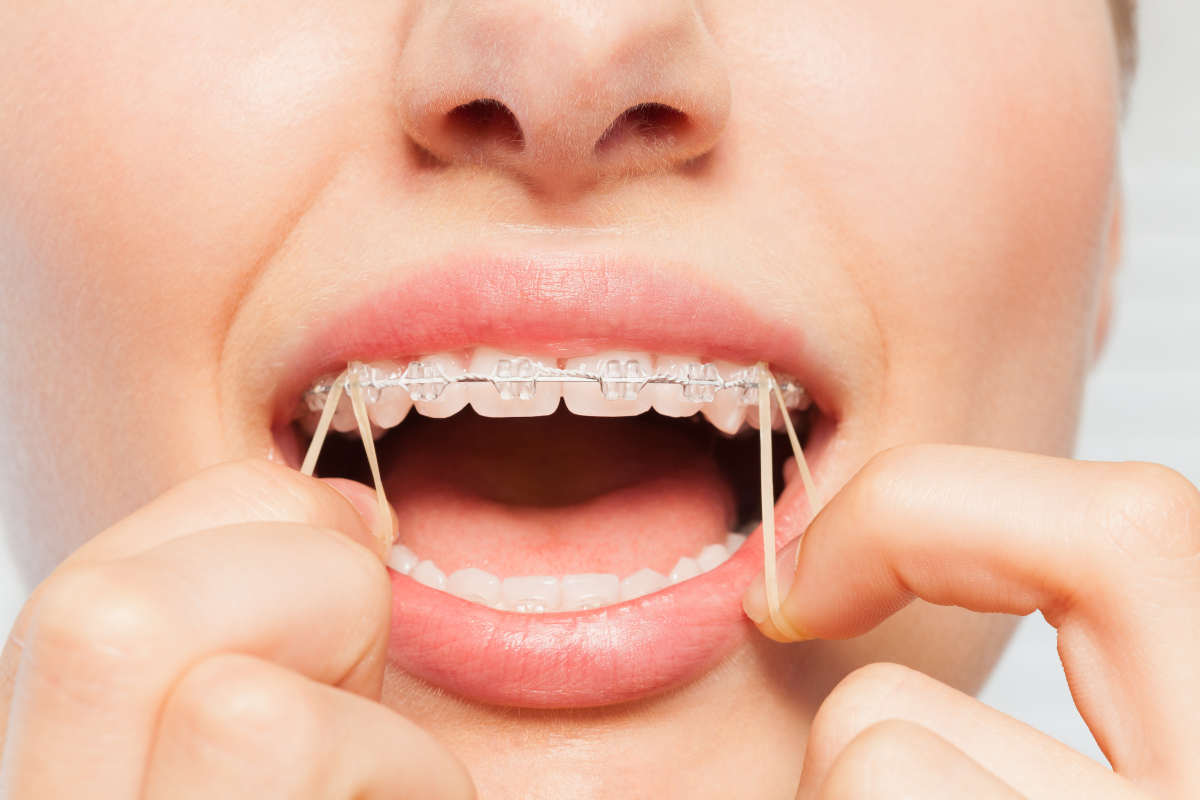
One of the biggest clinical problems facing dental clinicians is producing an accurate replica of the teeth. Many different impression materials have been used, including plaster, rubber base material, polyether, reversible hydrocolloid, reversible hydrocolloid andPVSmaterial.Themostcommon trait of these materials is that patients find the properties unpleasant and dentists find it difficult to produce consistently stellar results. Patients object to the taste, tray size and bulk of material, and, most especially, the common gag reflex.
Conventional impression-taking with PVS is not without a plethora of potential errors, including pulls/ tears, bubbles/voids, distortion, tray/ tooth contact, poor tray bond, delami- nation, temperature, technique, time sensitivity, chemistry, varying shrink- age, stone model pouring, die trim- ming discrepancies, just to name a few issues.
Optical scanning represents a significant beneficial technology to replace conventional PVS impression- taking and help eliminate the patient and dentist objections while offering a higher degree of accuracy. Digi- tal impressions now replace conven- tional impression materials, such as PVS for single, multiple and full arch impressions as well as Invisalign sub- mission.
Accuracy
One of the key features of the Align iTero scanning technology is that it does not require any sort of powder, powder dusting or accent frosting for any type of scanning on any type of restoration. Full-arch scanning for Invisalign submission requires a high- quality scan with interproximal detail and a high level of accuracy to ensure
arch width dimensional stability. The iTero’s powder-free technology deliv- ers accurate digital impressions of the interproximal areas and ensures arch width dimensional stability.
Because of its powder-free tech- nology, Align chose to partner exclu- sively with iTero as it is the only optical scanning system that provides sufficient information for Align’s required high-quality scan. Invisalign submission requires an accurate reproduction of the coronal portion of the teeth in a single impression. This can be very challenging for prac- titioners as evidenced by the neces- sity for impression retakes both for Invisalign and everyday restorative.
Studies indicate that about one- third of dentists retake impressions three or more times per month, and on average about one-third of dentists re-appoint patient impression taking at least once per month. Align iTero optical scanning eliminates retakes as the scan can be reviewed in real time on the computer screen, and tools such as an “eraser” tool aid scan accuracy.
Technology
There are two different digital scan- ning technologies available to the dental industry, parallel/confocal and triangulation/sampling. The Align iTero system uses parallel/confocal, which uses laser and optical scan- ning to digitally capture the surface and contours of the teeth and gingiva. The iTero scanner captures 100,000 points of laser light in perfect focus at 300 focal depths.
Triangulation/sampling scan tech- nology requires a powder coating and applies one angled cone of light to capture a single image at 15,000 microns. Because parallel confocal technology does not require tooth coating, the iTero system can oper-
ate with surface contact in the scan- ning technique. What this means for Invisalign scanning is highly accurate digital impressions on which to pro- duce better fitting aligners.
Patient experience
No. 1 in patient acceptance is “no gagging.” Patients remark that they appreciate the absence of bulky trays, unpleasant material taste and impression “mess.” The updated iTero 4.0 software seems to produce a noticeably better fit of the aligner as evidenced by patient reports of a bet- ter fit and less saliva collecting under the aligners.
Immediately, communication with patients is enhanced when they see their dentition on the computer screen, as the images are “cleaned” by the software and a very neat “soaped” model appears on the screen. A sec- ond enhancement is that the new software has significantly decreased the wait time for the ClinCheck treat- ment plan. This feature has greatly improved patient acceptance and communication.
Recent Posts
-
Inside the World of Orthodontists: Education, Precision, and Transformative Treatments
The Evolution of Orthodontics: A Brief Historical Overview Orthodontics, an integral branch…
-
How Orthodontists Plan a Treatment for a Beautiful Smile
Understanding the Patient's Unique Needs A positive self-image and confidence can result…
-
Unleash Your New Smile! Here's What You Need to Know Before Braces Removal
Are you excited to see your smile transformation? Taking your braces off…
-
Traits That a Good Orthodontist Should Have
Choosing an orthodontist is half your smile transformation journey. That’s why in…
-
How Braces Can Help Fix an Asymmetrical Jawline
An asymmetrical jawline can cause concern for many individuals, affecting their appearance…
-
Can Cavities Be Reversed?
Cavities are among the most common dental issues people of all ages…
-
What to Prepare During Your First Braces Appointment
Are you about to embark on your journey to a beautiful smile…
-
Taking Care of Baby Teeth: A Comprehensive Guide for Parents
Caring for our children's health is one of our most crucial responsibilities…
-
What are Brace Elastics?
If you or someone you know is undergoing orthodontic treatment with braces,…
-
Difference Between an Overjet and Overbite: A Comprehensive Guide
Two orthodontic terms that often confuse our patients are "overjet" and "overbite."…







 Instagram
Instagram
